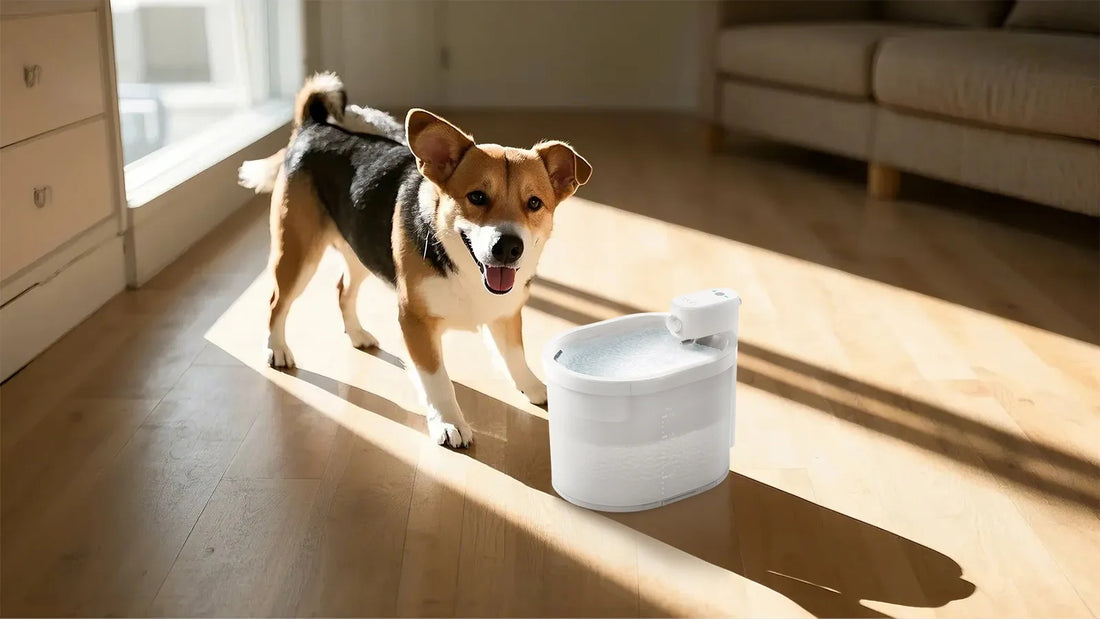If you've noticed your older dog peeing in the house and drinking lots of water, it's natural to feel concerned. These behaviors can be signs of underlying health issues or changes in your dog's routine. Understanding the causes and finding effective solutions is crucial to ensuring your furry friend's well-being.
Common Causes of Older Dog Peeing in House
As dogs age, they may experience a range of health issues that can lead to accidents in the house. One of the most common causes is urinary incontinence. This condition can result from weakened bladder muscles, hormonal changes, or other medical conditions. Additionally, older dogs may develop arthritis or other mobility issues, making it difficult for them to reach their designated bathroom area in time.
Excessive Water Drinking in Older Dogs
Increased water consumption, or polydipsia, can be a sign of several health problems. Conditions such as diabetes, kidney disease, or Cushing's disease can cause your dog to drink more water than usual. It's essential to monitor your dog's water intake and consult a veterinarian if you notice a significant change.
Behavioral Changes in Older Dogs
Behavioral changes can also contribute to these issues. Older dogs may experience cognitive decline, leading to confusion or forgetfulness about house training. Stress or anxiety, often triggered by changes in their environment or routine, can also result in inappropriate urination and increased drinking.
When to Seek Veterinary Help
If your older dog is peeing in the house and drinking lots of water, it's important to seek veterinary advice. A thorough examination can help identify any underlying health issues. Your vet may recommend diagnostic tests, such as blood work or urinalysis, to determine the cause of these behaviors.
Managing and Preventing Accidents
There are several strategies to manage and prevent accidents in the house. Providing easy access to outdoor areas, using dog diapers, and maintaining a consistent bathroom schedule can help. Additionally, addressing any underlying health issues and ensuring your dog's comfort and mobility can reduce the likelihood of accidents.
Ensuring Proper Hydration
While it's important to monitor your dog's water intake, ensuring they remain hydrated is crucial. Provide fresh water at all times and consider using a water fountain to encourage drinking. If your dog has a medical condition that requires fluid regulation, follow your vet's recommendations closely.
Creating a Comfortable Environment
Creating a comfortable and stress-free environment for your older dog can help reduce accidents and excessive drinking. Provide a quiet, safe space for your dog to rest, and minimize changes to their routine. Regular exercise and mental stimulation can also improve their overall well-being.
Addressing the issue of an older dog peeing in the house and drinking lots of water requires patience and understanding. By identifying the underlying causes and implementing effective strategies, you can help your furry friend enjoy a happy and healthy life. Don't hesitate to seek professional advice to ensure your dog's needs are met.













